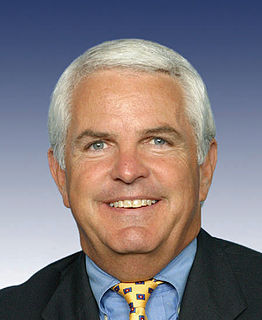A Quote by John Cornyn
By the Obama administration's reasoning, it would be constitutionally permissible to make Americans purchase nearly any product (broccoli, gym membership) that improved their health and thereby contributed to lower health-care costs.
Related Quotes
What sensible people have got to do is not simply repeal the Affordable Care Act without any alternative, but you've got to sit down and say it's OK, what are the problems. How do we address it? How do we move to universal health care? How do we lower prescription drug costs? How do we make sure that people don't have outrageous deductibles? You just don't throw 20 million people off of health insurance. You don't privatize Medicare.
We Americans, or half of Americans, think health care is a commodity. Other countries view health care as a social service that should be collectively financed and available to everyone on equal terms. My wife and I just interviewed the German minister of health, and it was an exhilarating experience, because it was a totally different language. It was obviously important that everyone should have the same deal in health care.
Health care is too expensive, so the Clinton administration is putting a high-powered coporate lawyer - Hillary - in charge of making it cheaper. (This is what I always do when I want to spend less money - hire a lawyer from Yale.) If you think health care is expensive now, wait until you see what it costs when it's free.

































